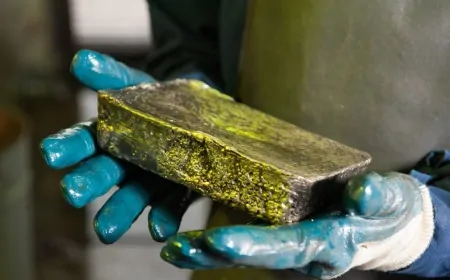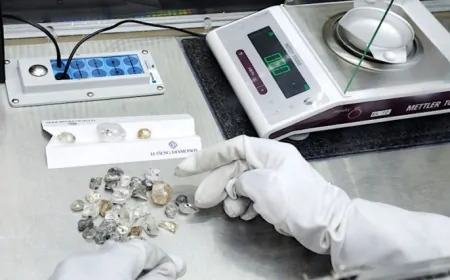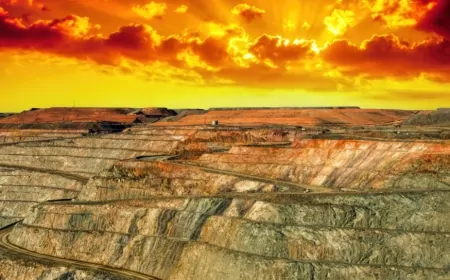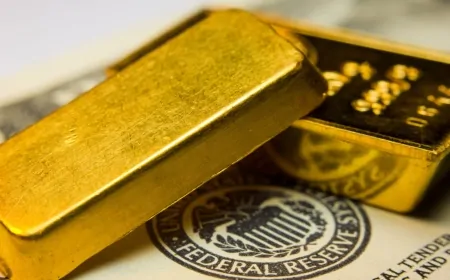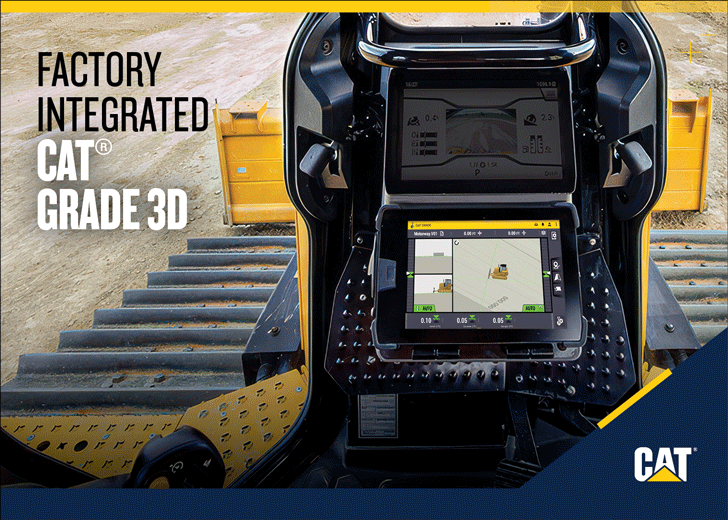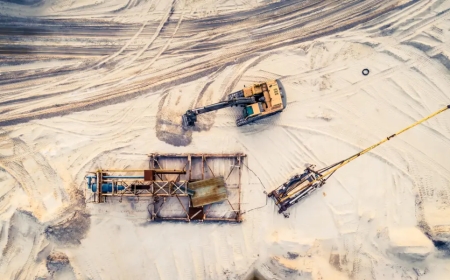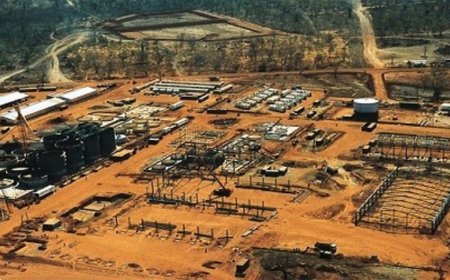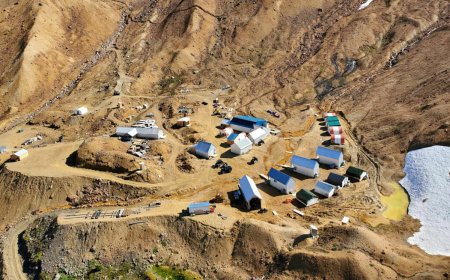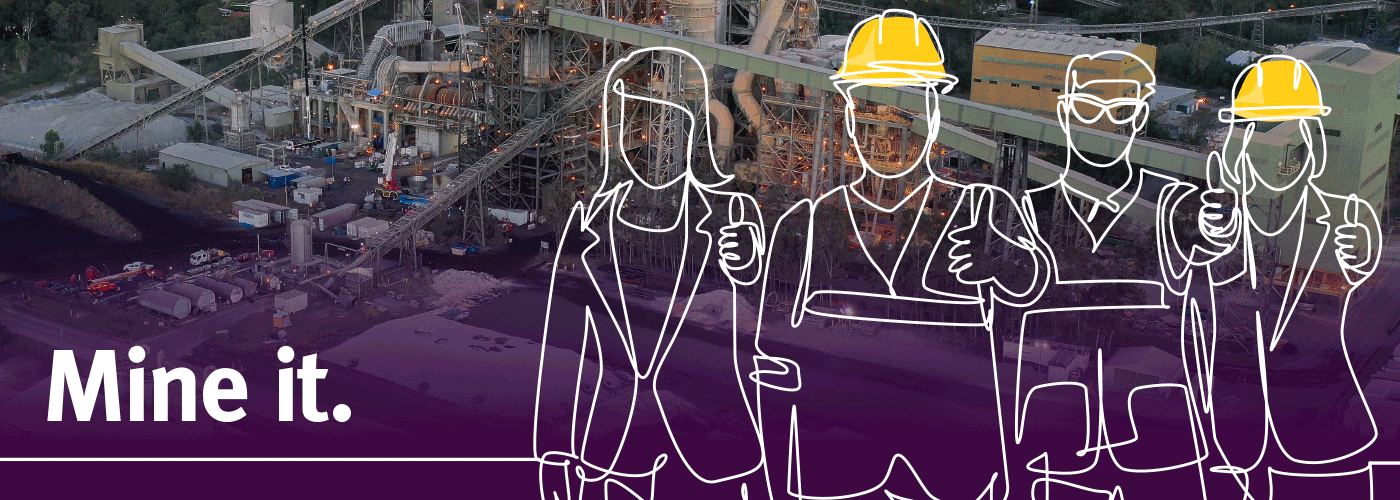Responsible mining starts with host countries, says Bristow
Barrick president lambasts industry for "obsession" with battery operated future
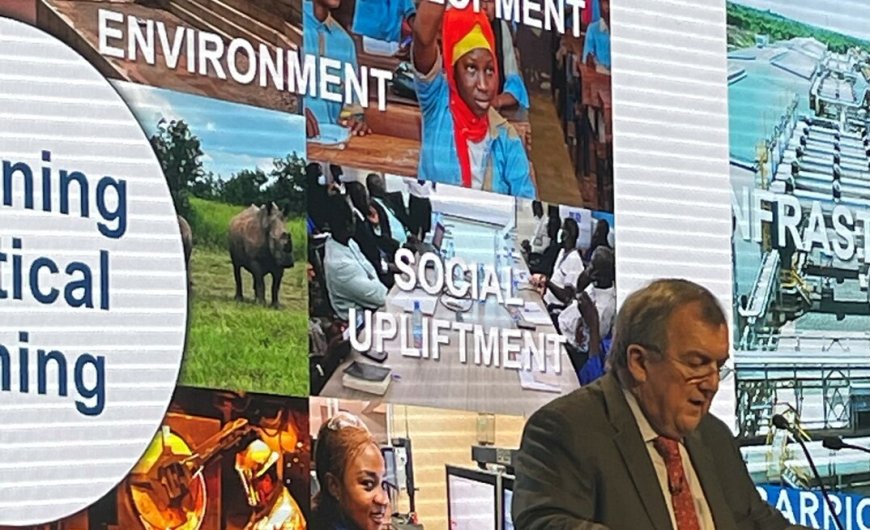
Companies should focus less on so-called critical minerals and more on materials that drive real change in the communities they work in, Mark Bristow, chief executive of Barrick Gold, said this week.
"The current focus on the metals required for the transition to renewable energy has led to an overdue recognition of mining as being of critical importance to economic development in general," Bristow said during a keynote speech at a London mining event.
"What concerns me, however, is we always get obsessed with one particular issue."
"(…) we are obsessed with the battery-operated future as foreseen by the rich nations," he continued.
"The poor, as usual, seem to be an afterthought. If we want to build a better future for all and not just for some, we need to accept that uplifting those who live in poverty - in other words, the majority of our fellow citizens of the world - is as important as reversing the way the developed nations pollute."
"Responsible mining creates infrastructures where none exist, uses abundant solar and hydro to generate power, builds schools and hospitals, protects and improves the environment, and genuinely cares for its neighbouring communities," he said.
"We all talk about transparency, engagement, and partnerships, and we don't practice it. We don't even appreciate what it means."
The social cost of mining
According to a 2020 report by the World Gold Council, the GDP contributions by its members and their supply chains in countries heavily reliant on gold mining are comparable to the quantum of Overseas Development Assistance those countries receive.
Furthermore, the same report said that in 2020, WGC member companies directly employed close to 200,000 people and supported a further 1.2M jobs through local suppliers. These jobs, in turn, induced another 700,000 jobs in host country economies.
In a presentation, Bristow highlighted that in 2022, members of the World Gold Council operating in 34 countries contributed close to $58 billion.
"We believe that the owners of the resources we develop, the host countries and their people, should have a fair share of the economic benefits," Bristow emphasised, pointing to work that Barrick is undertaking in different countries around the world, in particular in Pakistan, where the company is developing the Reko Diq copper-gold project.
Barrick holds a 50% share, 25% is held by three federal state-owned enterprises, 15% by the Province of Balochistan on a fully funded basis, and 10% by the Province of Balochistan on a free carried basis.
"There's no doubt in my mind that responsible mining can change countries, drive economies, and improve the lives of people living there - and gold mining is no exception," he said.
What's Your Reaction?








